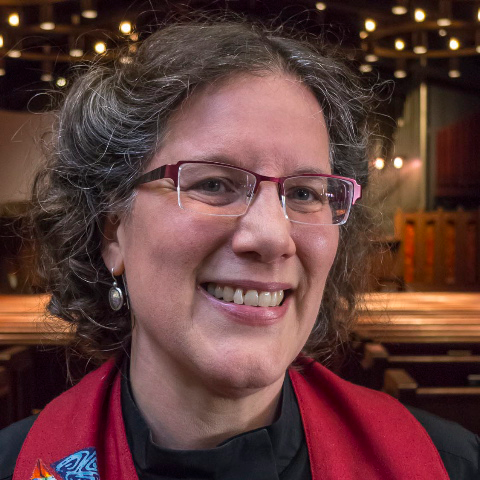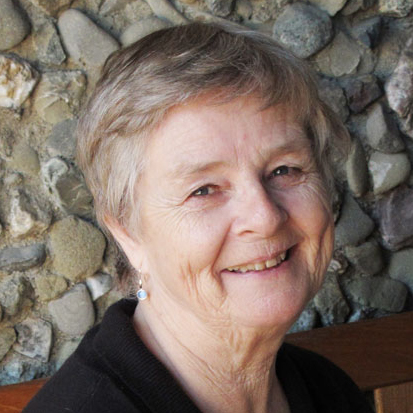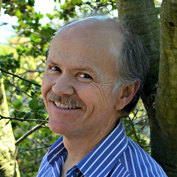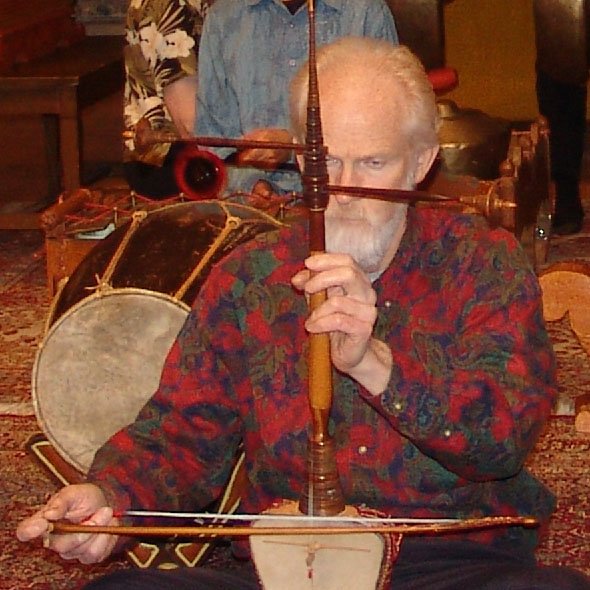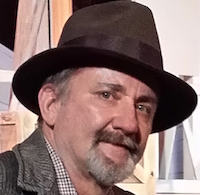What saves us is our ability to create the stories of our lives. What saves us as religious communities is our ability to covenant with one another to join our stories, to live to promote and affirm life principles.
The land is occupied. Taxes are unbearable. The strong fist of Empire is clenched.
Resistance rumbles and rallies. Clans of rebellion spring up across the land.
The cry:
Throw off the forces of oppression.
Break the chains of tyranny.
Let freedom ring.
Is it the story line of a new TV series? A movie?
It is the well worn, often told story in this season of the year. It’s the 2000-year-old story of the Roman Empire’s stranglehold on the Holy Land of the Jews.
It’s the background for today’s story of Palm Sunday, foreshadowing the events of Temple cleansing, a sham trial and an execution intended to terrorize a population.
It’s the story with the tacked on ending upon which the whole of Christianity was created. But, I am getting ahead of myself.
The Palm Sunday to Easter Holy Week story is a conundrum for Unitarian Universalists. We rebel against superstition. We yearn for Truth.
We doubt the suspension of the laws of nature. We support the quest for the historical Jesus.
We have been known to criticize Biblical literalists, yet we want historical accuracy. That’s our comfort and security. If we can just tell the story as it actually happened… we may miss the story altogether. It is our form of fundamentalism.
Passover, for instance, is a story told year after year, appreciated for its power, not its verifiable literal truths.
Our theme for this month is what saves us?
It is the question at the center of Christian theology, and, from our Western perspective, we might say it is the essential question of human meaning.
This question gives power to those who offer answers to what happens when we die. We want an answer, and we want it in a way that conveys purpose to each breath we take.
Every few years a new biography of Jesus appears on the bookshelves and sells big. Some portray him as a spiritual man. Some present him as an angry reformer. Still others see in him a magician, a miracle-worker.
Last year’s offering, Zealot: the life and times of Jesus of Nazareth, by Reza Aslan, tells his story “as a passionate Jew, a violent revolutionary, a fanatical ideologue, and [an] odd,… scary and extraordinarily interesting man,”[1]
We Unitarian Universalists, who want to get the facts straight, who long for historical accuracy, will tend to praise this telling of the story.
It sets the life of Jesus in the tumultuous time of Roman occupation. The High Priest of the Jerusalem Temple of the Jews held his position at the behest of the Romans and submitted to their authority.
This telling of the story documents the line of rebellious prophets who sought to reform the Judaism of their time. Jesus was one of them. He was from Nazareth, a small village in the heart of Galilee, the center of zealous resistance.
To understand the historical Jesus we must see him as one of many leaders of the Zealots with a capital Z, a group intent on cleansing their beloved Judaism from Roman control.
Jesus headed to Jerusalem to celebrate Passover. Passover is the story of the Hebrews escaping slavery in Egypt. Passover is a story of a community walking together, from oppression to freedom.
Similarly, The Holy Week story began as a rallying cry to throw off the yoke of Roman oppression.
It is interesting to note, in the centuries leading to this time, the earliest uses of the term “resurrection” spoke not of personal life after death, but of restoration of the Israelites to the Promised Land.
How did this focus on communal restoration morph into the central tenet of Christian faith as the resurrection of the dead?
Here is an insight.
The earliest of the Gospels that tell the life of Jesus is the Book of Mark. It was written after Roman troops destroyed the Jerusalem Temple in 70 A.D. This bit of history provides a major insight into the purpose of the author.
Neither Mark, nor the other chroniclers of the life of Jesus, wrote from Jerusalem. Mark wrote in Rome. He wrote for Roman readers. He wanted converts. Is it any wonder he changed the message of Jesus from the Zealot proclaiming the overthrow of the oppressors, to the priest offering resurrection as the key to salvation?
And, it is a story that changed through the years. The earliest form of the Book of Mark has no resurrection appearances. They were added later… to make the message more believable.
40 years, and more, after the life of Jesus his biographers were building a movement, they were concerned to attract a following. No longer were they focused on reforming Judaism. They were creating a new religion. Their purpose was to preach to the Romans. The shift of the message of Jesus from communal salvation to personal resurrection spoke to the Greco-Romans whose concept of life after death was immortality of the soul.
Stories can be told and retold. Stories can have new details, and new endings. Stories open our imagination to new possibilities. What saves us is our ability to create the stories of our lives. Stories save us.
Last Sunday, Youth Sunday, we heard a story imagining the life of Jesus during those “lost years” between his birth and his appearance as a religious leader.
Did he study as a carpenter’s apprentice? Perhaps he went through a rebellious adolescence. Was his ministry the result of a midlife crisis?
We heard another story putting the teachings of Jesus into practice, as a proud son spoke of the honesty, integrity, and compassion of his own father.
Stories shape our understanding of who we are. Stories draw us into new understanding of our life purpose. Adding chapters to old stories may make them relevant for a new day, to new searchers.
What are the stories of oppression today? If Jesus, the Zealot, were living today, where would we find him?
Here’s a story told by a member of this congregation, Natalie DaSilva:
On Friday, April 4th, a coalition of labor, immigrant justice, faith leaders and activists came together in San Francisco to demonstrate against the record number of deportations under the Obama Administration – this number is due to reach 2 million this month.
23 demonstrators “sat in” and blocked the intersection in front of the immigration courts. All 23 were arrested. We learned from a speaker that a staggering 24,000 cases are now in deportation proceedings at [that court house]. The number of cases currently in deportation proceedings nationwide is unprecedented in the history of our country.
The majority of the 23 demonstrators who committed civil disobedience were young, undocumented men and women, and they took considerable personal risks. It was an honor to sit in and support them, but this isn’t about me.
We heard many heartbreaking testimonials from workers fired after I-9 raids, despite many years on the job; mothers and fathers of young, US-born children given deportation dates; family members in detention for months and months; families who live in daily fear that their loved ones won’t come home one day but will end up in detention and deportation proceedings.
Many faiths were represented at the demonstration. As always,
there were a number of gold “Standing on the Side of Love” tee shirts in the crowd.
When I introduced myself as a UU to an Episcopal priest, he immediately said,
“You folks have been amazing supporters of this issue.”
The story of immigrant justice is a long one. This chapter, with its tale of civil disobedience, calls us to imagine how our personal stories may shift, how we may become advocates for oppressed people of our day. How will you write the next chapter of your life story?
If you are so moved, look for information about Immigrant Justice Day to be held at the State Capitol in Sacramento, on Monday, May 19th.
We are always people setting out into the unknown. Our best-laid plans can change in a moment. We are like the Hebrews leaving Egypt, glimpsing a better life. We know no one is truly free until all are free.
We are like Jesus on the road to Jerusalem. We cherish our values. We live to make them real in the world. And we know not what awaits us. We cannot know.
But we can create what sustains us along the way. We can gather resources and make promises to one another. We will walk together. And when we fall short we can pick each other up once again.
Like all stories, ours will have its times of transition. The trail will round the corner and new vistas will beckon.
We can be sustenance for the journey, walk hand in hand, sing out in melody and harmony, raise our voices in exclamation, in protest, in exaltation. We can open the circle wide to take in new hands.
What saves us is our ability to create the stories of our lives. What saves us as religious communities is our ability to covenant with one another to join our stories, to live to promote and affirm life principles.
May it be a joyous journey.
[1] Quote by Judith Shulevitz on the back cover of Zealot: the Life and Times of Jesus of Nazareth, Reza Aslan, Random House, New York, 2013.







